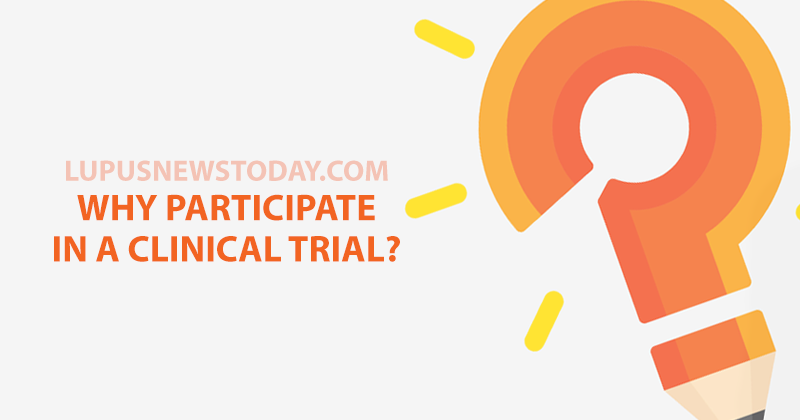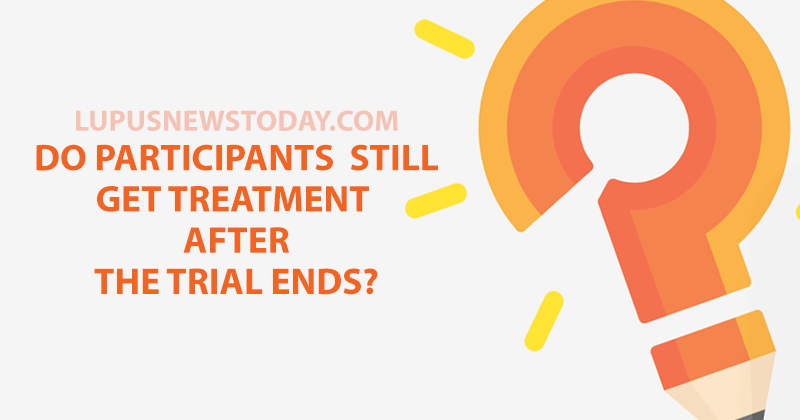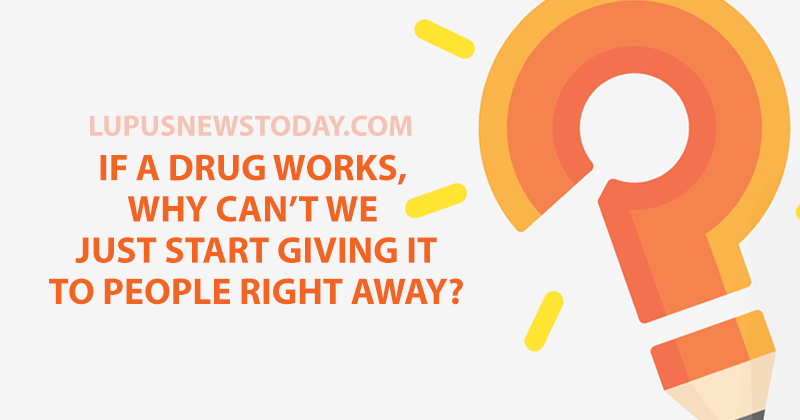7 Questions About Clinical Trials and Lupus

There are several treatment options available to ease the symptoms of lupus, but there isn’t one treatment that can simply end and cure lupus. Fortunately, research is always evolving and that’s how we find clinical trials. But what do you know about these studies? To help you learn more about them, here are some of the most frequently asked questions (FAQ) pertaining to clinical trials, and what the process entails:
Clinical trials are well-designed studies that collect information about new treatments for diseases and disorders. Most of the time, this means medications, but clinical trials can also test other things, such as stem cell therapies, surgical techniques, tests for diagnosis, medical devices, as well as others.
Clinical trials are needed for medical treatments to be approved by government organizations, such as the US Food and Drug Administration (FDA). Without clinical trials, doctors and other prescribing healthcare providers (such as nurse practitioners or physician’s assistants) cannot prescribe medications or recommend other medical treatments. These studies are needed to understand two important types of information 1) that the treatment is effective (also called efficacious), i.e., that it really works and 2) that the treatment is safe for human use.
Find out more about the latest advances in lupus management.
Usually, the effectiveness of a drug is compared by looking at it against against a placebo (sugar pill with no medication in it). Another common type of comparison is looking at a new drug and another drug already approved for use. A comparison is needed to understand that the medication works and also to see if the medication is safe. Researchers will design the clinical trial for a specific period of time, during which the people participating will either get the treatment, or the comparison treatment. Typically a study is done “double-blind,” which means that neither the researchers giving the treatments nor the participants know who is getting which treatment. This prevents “bias,” which means expectations that could influence the outcome of the study.
Five things you might like to know about exercising with lupus. Find out more.
Before a medical treatment can even be tested on humans, animal testing is required. This phase is called pre-clinical testing. Animal testing is governed by three principles: 1) to keep animal use to a minimum but still collect data indicating that the treatment is safe and effective in humans; 2) minimize animal suffering and assure animal welfare as much as possible; 3) replace animal experiments with other alternatives when possible.
Phase I testing is the first step in humans. The purpose is to determine safety and to evaluate side effects. Often people who do not have the disease (healthy individuals) participate in Phase I.
Phase II trials are sometimes divided into Phase IIA and Phase IIB. Sometimes these two sub-phases are combined. Phase II trials further assess dosing and are designed to determine the best drug dose to use and how much of a dose is safe. Phase II studies can also measure efficacy and safety testing in small numbers of participants. Often a treatment must pass Phase II in order to proceed to Phase III.
Sometimes researchers conduct Phase IV trials, after a drug has been approved. These trials collect additional information about the drug or treatment.
Did you know that sugar might trigger a lupus flare?
There are several reasons to participate in a clinical trial. One is to get access to a treatment that is not otherwise available. The treatment may be better than others that are available for the condition. However, the treatment may not be better or could even have adverse side effects. Treatments in clinical trials are typically free to the participants.
Clinical trials also help advance science and generally help other people with the medical condition that’s being studied. The trial may help with making a new treatment available, but could also improve the general understanding of the disease.
Discover seven lupus-friendly recipes here.
After the trial ends, the investigators will begin to analyze the data that has been collected during the trial. They will write up reports about what they have found and submit them to a treatment-approving agency, such as the FDA. The agency will make decisions about whether the treatment will move further into other trials, or whether it will be approved.
Discover nine tips to help you live well with lupus.
After the trial ends, treatment may end, or participants may be offered continued treatment. This is frequently referred to as an “open label extension.” Participants who have received the placebo are sometimes able to get the treatment at the end of a study as well. To understand what happens after the trial ends, it is important to speak with the individuals conducting the trial to see if the option exists to continue the treatment after the trial has ended.
What do you know about lupus? Here are the most-asked questions about systemic lupus erythematosus.
It is important to make sure that a drug is more effective than existing treatments, actually works and is safe. Decisions to give drugs or other medical treatments have to come from scientific data, not just the opinion of a healthcare provider, patient or other individual. Clinical trials help to assure all of these things.
Read our seven tips for newly diagnosed lupus patients here.
These are some of the most frequently asked questions about clinical trials. To find more questions–and answers– about it, click here.
Lupus News Today is strictly a news and information website about the disease. It does not provide medical advice, diagnosis or treatment. This content is not intended to be a substitute for professional medical advice, diagnosis, or treatment. Always seek the advice of your physician or other qualified health provider with any questions you may have regarding a medical condition. Never disregard professional medical advice or delay in seeking it because of something you have read on this website.













